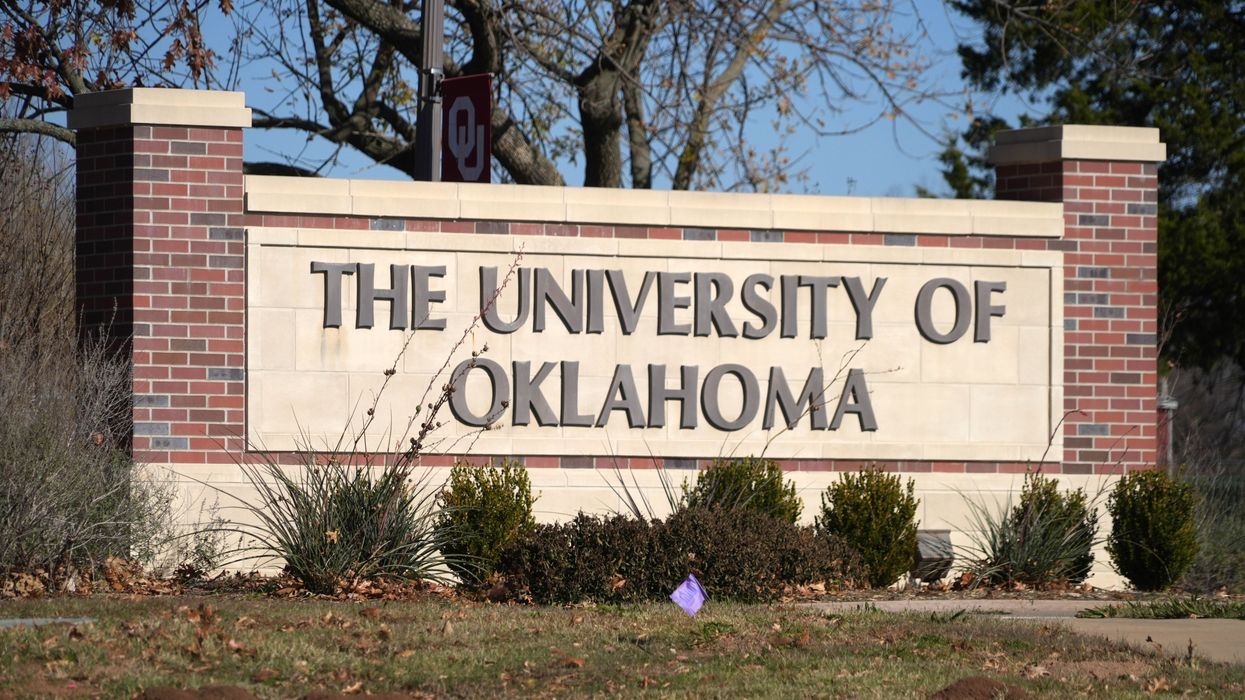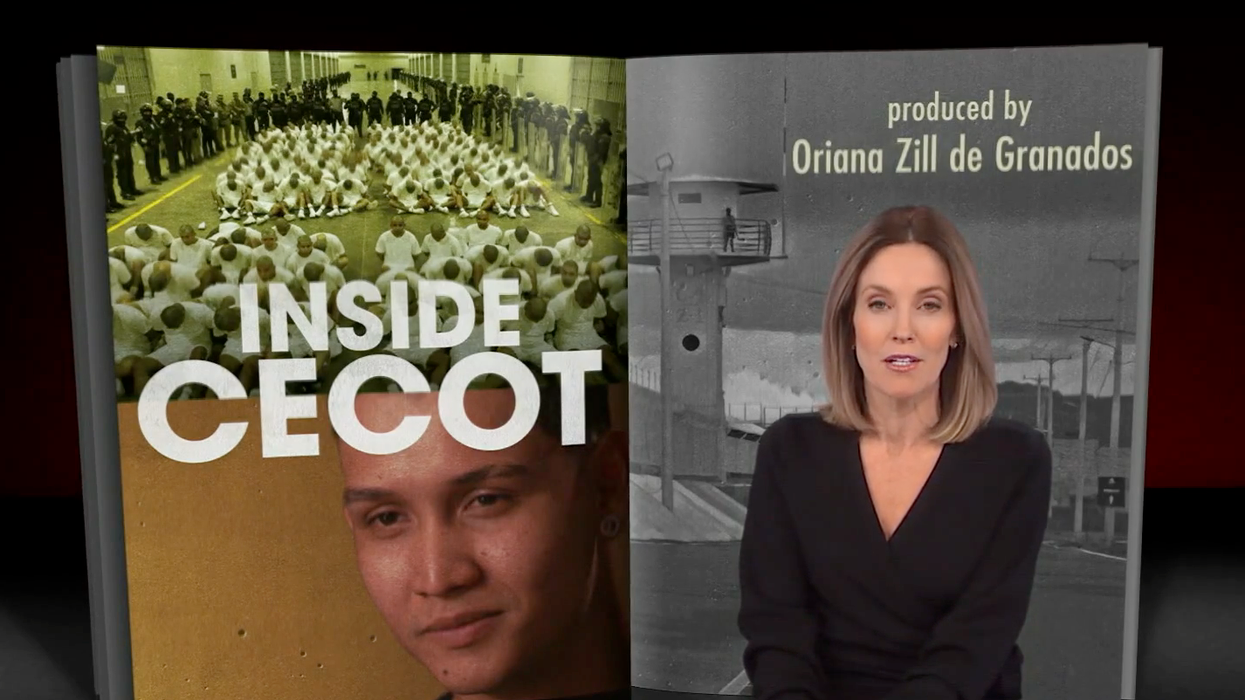September, 28 2020, 12:00am EDT
Trump's Trade, Tax, Industrial Policies Have Let Down Midwest Manufacturing Workers, Communities
New analysis finds that manufacturing workers in Michigan, Ohio, Pennsylvania, and Wisconsin fared the worst under Trump’s policies.
WASHINGTON
Manufacturing workers in four key Midwest states that voted for President Trump have been the most hurt by Trump's trade and industrial policies, according to a new analysis released today by experts Andrew Stettner at The Century Foundation (TCF) and Mike Shields at Policy Matters Ohio, with support from The Groundwork Collaborative.
The study, which looks at job and wage growth trends since 2000, finds that even before COVID-19 collapsed large segments of the economy, the manufacturing sector in Michigan, Ohio, Pennsylvania, and Wisconsin had entered a recession. A disastrous trade war with China, weak trade negotiations with other countries, and policies that favor multinational corporations that manufacture overseas have especially stunted manufacturing growth in America's industrial heartland.
"Midwesterners aren't afraid of hard work. We just ask that our leaders work hard for us, not corporations," said Mike Shields, a researcher at Policy Matters Ohio, a nonprofit research institute, and co-author of the report. "President Trump promised a blue collar resurgence, but data show the manufacturing sector entered a recession, deepening pain in the Midwest, even before the COVID-pandemic and recession. There has been no manufacturing recovery in the Great Lakes region."
The report features three case studies of manufacturing operations in the region: 1) Racine, Wisconsin's Foxconn project, which demonstrates the problem with tax giveaways as economic development strategy; 2) General Motors' Lordstown, Ohio assembly plant, which shows how trade policies continue to facilitate the transfer of quality jobs to low-wage suppliers; and 3) Fuyao glassworks, in Moraine, Ohio, which underscores both the need and failure to enforce existing labor protections.
Key findings from the study include:
- Manufacturing job growth declined more in Michigan, Ohio, Pennsylvania, and Wisconsin than the rest of the country. These four states in America's industrial heartland saw manufacturing jobs decline by 0.5% in 2019, while manufacturing jobs in the rest of the country grew by 0.7%. In fact, manufacturing jobs in nearly all four states grew faster between 2010-2016 under the Obama administration than they did during the first two years of the Trump Administration.
- Between 2016 and 2019, the manufacturing wage premium for Black workers and women sharply declined. Manufacturing has long been an economically important sector, partly because it offers family-sustaining wages to workers without college degrees, but its wage premium has eroded in recent years. Black workers in the Midwest saw their wage premium decline by nearly 65% under the Trump Administration, more than triple the decline among white workers (19.6%), while women saw their wage premium decline by 73%, nearly 3.5 times the decline for men (22%).
- The trade deficit under Trump grew in 8 of the 10 major exporting industries in these 4 states. This includes plastics and rubber manufacturing, an important subsector in Ohio, which saw a decline in exports from 2016 to 2019 and a larger trade deficit.
"Manufacturing has long been the economic backbone of the Midwest economy and it can thrive again," said Andrew Stettner, a senior fellow at The Century Foundation, a progressive think tank and co-author of the report. "We need strong leadership to negotiate trade with other countries and trade policies that serve workers, not multinational companies that send jobs overseas. "
LATEST NEWS
University of Oklahoma Removes Teacher Over Failing Grade for Student's Bible-Based Gender Essay
"So if a geology student at the University of Oklahoma says in class the earth is 6,000 years young because that’s what they believe, a geology teacher can’t say squat?" asked one critic.
Dec 23, 2025
A decision from the University of Oklahoma on Monday left some asking whether the research university can still be seen as having "academic standards" after an instructor was removed from teaching duties for giving a failing grade to a student who focused on her own religious beliefs about gender in a paper for a psychology course.
The university released a statement saying the graduate teaching assistant in the course, Mel Curth, had been "arbitrary" in the grading of a paper by student Samantha Fulnecky, who wrote an assigned essay about an article the class read about gender, peer relations, sterotyping, and mental health for the course.
Fulnecky's paper cited the Bible and focused heavily on her beliefs that "God made male and female and made us differently from each other on purpose and for a purpose."
"Women naturally want to do womanly things because God created us with those womanly desires in our hearts. The same goes for men," she wrote in the essay, adding that "society pushing the lie that there are multiple genders and everyone should be whatever they want to be is demonic and severely harms American youth."
Curth, who is transgender, gave Fulnecky a zero for the essay and emphasized in her response that she was "not deducting points because you have certain beliefs," but because the paper "does not answer the questions for the assignment, contradicts itself, heavily uses personal ideology over empirical evidence in a scientific class, and is at times offensive."
"Using your own personal beliefs to argue against the findings of not only this article, but the findings of countless articles across psychology, biology, sociology, etc. is not best practice," Curth wrote.
Another instructor concurred with Curth on the grade, telling Fulnecky that "everyone has different ways in which they see the world, but in an academic course such as this you are being asked to support your ideas with empirical evidence and higher-level reasoning."
On Monday, the university suggested Curth's explanation for the grade was not satisfactory.
"What is there to say other than that the University of Oklahoma has no academic standards?" asked journalist Peter Sterne in response to the university's statement.
One civil rights advocate, Brian Tashman, added that the school's decision opens up numerous questions about how academic papers that focus on a student's religious beliefs will be graded in the future.
"So if a geology student at the University of Oklahoma says in class the earth is 6,000 years young because that’s what they believe, a geology teacher can’t say squat?" asked Tashman. "What if their religion teaches the earth is flat? Or that all of mankind’s problems can be traced back to Xenu?"
Curth had initially been placed on administrative leave earlier this month when Fulnecky filed a religious discrimination complaint with the school.
Fulnecky's allegations drew the attention of the school's chapter of Turning Point USA, the right-wing group that advocates for conservative political views on college and high school campuses. The group is closely aligned with the Trump administration. Vice President JD Vance spoke at Turning Point's AmericaFest last weekend—and used the appearance to tell young conservatives that their movement should not root out antisemitism with "purity tests"—and the assassination of its founder, Charlie Kirk, earlier this year, was followed by the White House's efforts to crack down on what it called left-wing extremism, with President Donald Trump directly blaming the "radical left" for Kirk's killing before a suspect was identified.
While Fulnecky garnered support from the Turning Point chapter, hundreds of her fellow students rallied in support of Curth in recent weeks, chanting, "Protect Our Professors!" at a recent protest.
A lawyer for Curth said Monday that she is "considering all of her legal remedies, including appealing this decision by the university."
“Ms. Curth continues to deny that she engaged in any arbitrary behavior regarding the student’s work," Brittany M. Stewart told the Washington Post.
The university did not release its findings of the religious discrimination investigation it opened into Fulnecky's case.
The school's decision to remove Curth from teaching duties, said author Hemant Mehta, "is what academic cowardice looks like."
Keep ReadingShow Less
State AGs Sue Vought Over 'Unlawful' Scheme to Bankrupt Consumer Protection Bureau
"By refusing to fund the CFPB, even when legal and appropriate funding mechanisms are available, the Trump administration has sharpened its message that it does not care about affordability."
Dec 23, 2025
A coalition of attorneys general from across the US sued White House budget chief Russell Vought on Monday over his effort to completely starve the Consumer Financial Protection Bureau of funding, a ploy that—if successful—would eliminate a key path of recourse for Americans harmed by corporate abuses.
The lawsuit was filed in a federal court in Portland, Oregon by the top law enforcement officials of 20 states—including New York, California, Maine, and Hawaii—and the District of Columbia. The suit notes that Vought, in his capacity as acting director of the consumer bureau, "has worked tirelessly to terminate the CFPB’s operations by any means necessary—denying plaintiffs access to CFPB resources to which they are statutorily entitled."
The attorneys general specifically challenge Vought's "unlawful" refusal to request CFPB funding from the Federal Reserve. Under the law that established the consumer bureau, the agency receives funding from the Fed rather than congressional appropriations.
Vought has advanced a tortured definition of "earnings" to argue the Fed lacks funds from which the CFPB can draw, leaving him with no choice but to allow the agency he and his far-right allies have long opposed to languish.
The new lawsuit argues that Vought's position violates the Administrative Procedure Act and the US Constitution. If allowed to stand, Vought's refusal to seek CFPB funds would "make it all but certain that the CFPB will run out of funding completely in January 2026."
California Attorney General Bonta said in a statement Monday that the Trump administration’s "latest effort to destroy the CFPB means that hundreds of thousands of consumer complaints will fall on deaf ears."
"By refusing to fund the CFPB, even when legal and appropriate funding mechanisms are available, the Trump administration has sharpened its message that it does not care about affordability, that it does not care to be on the side of families and working Americans," said Bonta.
The CFPB has been a target of big banks and other powerful corporations since its creation in the wake of the 2008 financial crisis. The agency's success—it has returned more than $21 billion to consumers since 2011—has only intensified efforts by corporate-friendly lawmakers and right-wing bureaucrats to gut it.
Since taking control of the CFPB earlier this year, Vought has effectively shut down bureau operations and signaled a lax approach to enforcement.
US Sen. Elizabeth Warren (D-Mass.), an architect of the CFPB, applauded the state attorneys general for taking legal action against Vought.
“The Trump administration’s latest illegal attempt to shut down the Consumer Financial Protection Bureau will hurt families in every state across the country—and now states are fighting back," said Warren. "Today’s new lawsuit underscores how illegally starving the agency of funding would turn off the consumer complaint database that has helped millions of Americans at the end of their rope after getting scammed."
"If courts uphold the law," she added, "they’ll reject this attempt to sideline the financial cop on the beat that has returned more than $21 billion directly to Americans cheated by big banks or giant corporations.”
Keep ReadingShow Less
Watch 60 Minutes 'Inside CECOT' Segment Blocked by CBS News Chief Bari Weiss
"Watch fast, before Corus gets a call from Paramount Skydance."
Dec 22, 2025
A social media user on Monday shared at least part of a "60 Minutes" segment about a prison in El Salvador—where the Trump administration sent hundreds of migrants—after CBS News editor-in-chief Bari Weiss controversially blocked its release.
"Canadians, behold! (And Americans on a VPN.) The canceled '60 Minutes' story has appeared on the Global TV app—almost certainly by accident," Jason Paris wrote on Bluesky, sharing a link to download a nearly 14-minute video of the segment, which has since been uploaded to various places on the internet.
The segment is titled "Inside CECOT," the Spanish abbreviation for El Salvador's Terrorism Confinement Center.
Watch:
"Watch fast, before Corus gets a call from Paramount Skydance," Paris added. Corus Entertainment owns Global TV. Paramount and Skydance merged earlier this year, after winning approval from the Trump administration. Weiss, a right-wing pundit, was then appointed to her position.
In a leaked email, "60 Minutes" correspondent Sharyn Alfonsi wrote that "Bari Weiss spiked our story," and "in my view, pulling it now, after every rigorous internal check has been met, is not an editorial decision, it is a political one."
Keep ReadingShow Less
Most Popular


